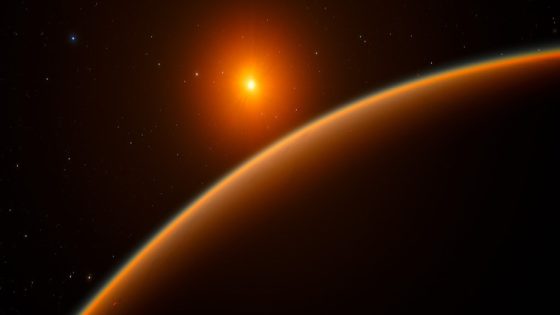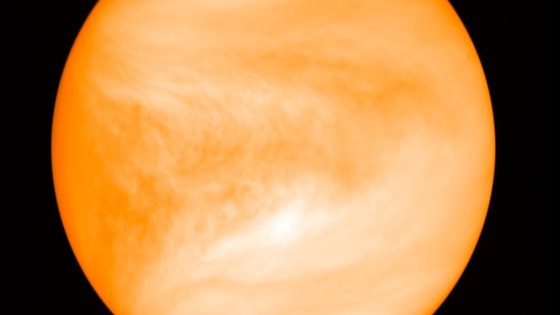Earth-like exoplanets might be more common throughout the Milky Way than previously believed, according to a recent study. Researchers discovered a super-Earth orbiting its star at a distance similar to that of Jupiter, a finding that challenges previous assumptions about planetary distribution.
- Super-Earths may be more common than thought.
- Discovery involves a Jupiter-like orbit.
- Gravitational microlensing aids planet detection.
- Study reveals diverse planetary demographics.
- One in three stars may host super-Earths.
- Research enhances understanding of planetary formation.
Lead author Weicheng Zang from the Harvard and Smithsonian Center for Astrophysics noted that this super-Earth exists in an orbital range typically associated with larger gas giants. Published on 2025-05-05 05:55:00, the study suggests that super-Earths may not be as rare as once thought, paving the way for further exploration.
This study raises intriguing questions about the nature of planetary systems. Are we underestimating the variety of exoplanets in our galaxy? The findings imply that super-Earths can exist in more distant orbits, suggesting a richer diversity in planetary formation than previously documented.
- Super-Earths may orbit at Jupiter-like distances.
- One in three stars could host a super-Earth.
- Gravitational microlensing reveals previously undetected exoplanets.
As we advance our observational techniques, the quest to uncover the mysteries of exoplanets continues. What other surprises might await US in the cosmos?































